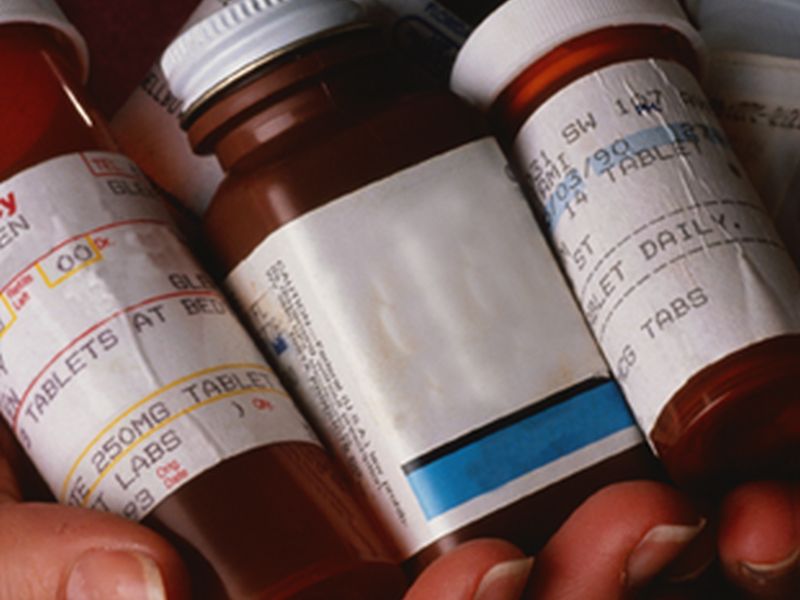Spanking can have negative consequences up to 10 years later, new research finds.
The study found that children spanked in infancy had worse behaviour and personalities in their teens.
For more click here.
A confluence of topics dealing with mental health, substance abuse, health, public health, Social Work, education, politics, the humanities, and spirituality at the micro, mezzo, and macro levels. In short, this blog is devoted to the improvement of the quality of life of human beings in the universe.
